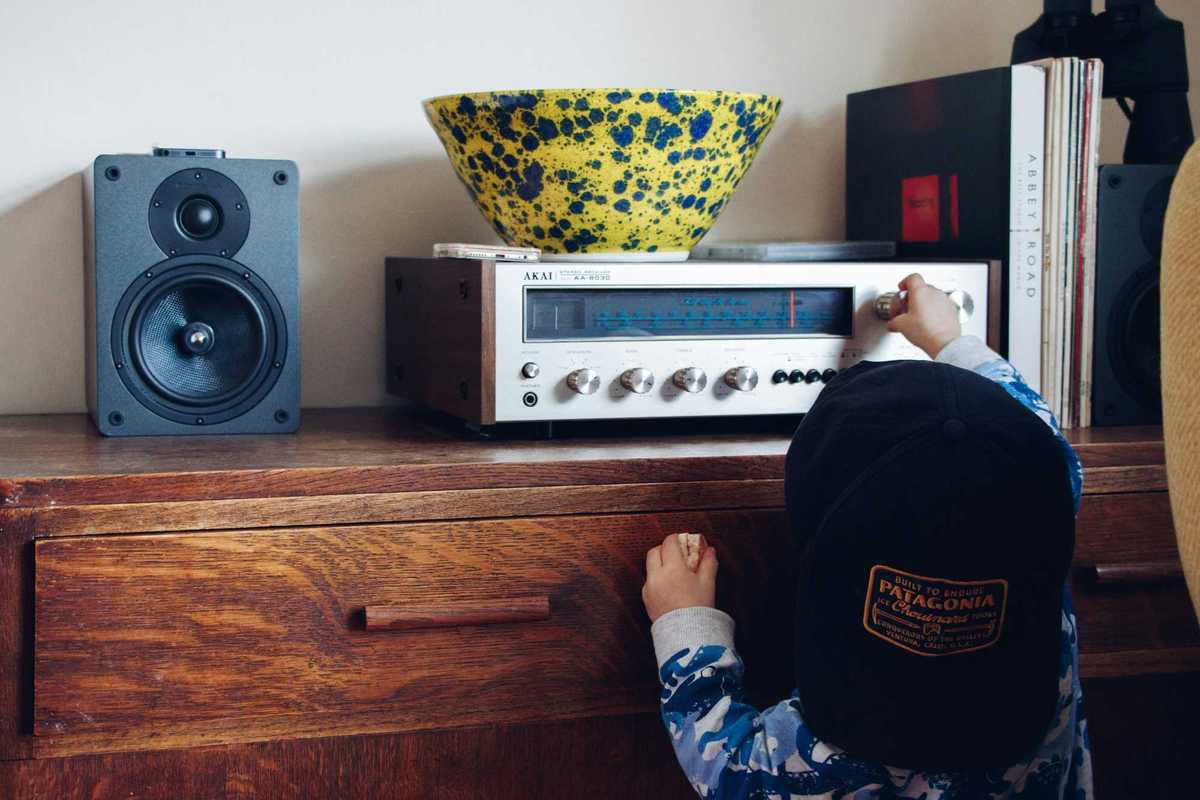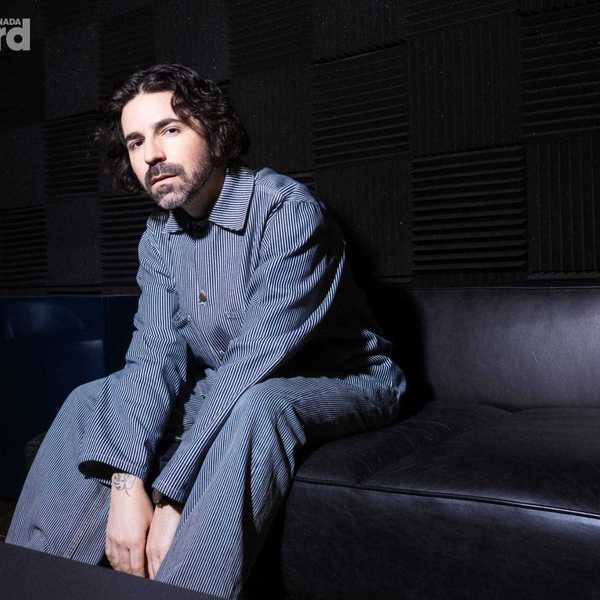Rethinking the Rave: How Montreal is Appreciating Electronic Music in New Contexts
Venues like Café GotSoul, Café SAT x Shift Radio and Café FAME are at the forefront of reshaping the city’s nightlife, offering innovative and inclusive spaces where electronic music thrives beyond the traditional club scene.

Café GotSoul
Montreal is rethinking the rave.
Traditionally associated with late-night parties and club scenes, electronic music is finding new expressions in daytime and sober settings.
Venues like Café GotSoul have long supported alternative listening environments. Founded in 2021 by DJ Jojoflores, GotSoul draws inspiration from Japan’s jazz kissas – intimate listening bars centered around high-quality sound and curated music.
"Alcohol-free spaces make music accessible to individuals who don’t drink for religious, cultural, health, or personal reasons," Jojoflores explains to Billboard Canada. "These spaces can be open to all ages, fostering intergenerational community engagement, where music can be experienced in a holistic – deeper and more genuine – manner."
By removing the expectation of alcohol consumption, venues like Café GotSoul invite a more intentional kind of participation – one that isn’t just about nightlife, but about presence.
"Offering an alcohol-free music space sets us apart from bars, restaurants, and clubs," Jojoflores adds. "It attracts a niche but loyal customer base."
Other venues are reinforcing this shift. OSMO x Marusan and Café SAT x Shift Radio curate hybrid spaces where music meets community, conversation, and daytime accessibility.
Charles Rainville, co-founder of Shift Radio, which broadcasts weekly from Café SAT, sees Quebec's drinking culture as part of the issue.
"There’s a lack of education around drinking and drug use, and because it’s seen as something 'bad' or taboo, people tend to overdo it. Clubs closing at 3 a.m. only intensifies that rush to get drunk before the night ends," he says. "Our events aren’t traditional club nights. They’re open, thoughtful gatherings where the music is central and the vibe is more about connection than escape."
The recent opening of Café FAME in the Mile End adds even more momentum. Designed as a listening-focused venue, it prioritizes immersion and presence over partying.
For Jamal Davis, music booker and programmer at both FAME and Shift Radio, such spaces are essential. "Musicians often evolve in environments that encourage substance use. It’s important to offer alternatives for people who love electronic music but don’t want to navigate those pressures," he explains. "Without them, we’re even more in tune with the music."
That clarity and connection resonates especially with younger audiences. A growing number of young adults are identifying as “sober curious,” redefining what social connection and pleasure can look like. According to a 2022 BBC article, Gen Z is drinking less than previous generations – not necessarily out of strict abstinence, but as a conscious choice to engage more intentionally with themselves and others.
According to Jojoflores, a generational shift is underway. "Platforms like Spotify, YouTube, Instagram reels and TikTok have replaced CDs, cassettes, radio, and vinyl. Young people encounter music in snippets. They’re not just consuming music – they curate how it fits into their lives. This creates a demand for inclusive safe spaces where music can be appreciated more intentionally."
Jamal agrees. "The younger generations are definitely more in tune and inclined to experience music differently. They support us and even help us stay on the right path. I really believe they’ll carry the torch even stronger."
Charles adds, "Younger generations are also more vocal about mental health and wellness. Music spaces are adapting. Whether it’s sober raves, ambient listening rooms, or outdoor daytime events, it’s no longer just ‘go hard or go home.’ It’s about creating moments that are emotionally resonant and more accessible."
Sober electronic culture isn’t a brand new phenomenon. A pioneer in reshaping rave culture, Morning Gloryville began in London, England in 2013 at the Village Underground in Shoreditch. This groundbreaking event introduced a sober, drug-free morning rave concept that celebrates electronic music in a bright, uplifting atmosphere.
Morning Gloryville created an inclusive environment embraced by a diverse crowd – from families to fitness enthusiasts – opening new paths for healthier and more conscious ways to experience rave culture around the world, and now similar events exist around the world – including the Coffee Party in Toronto, which has ballooned to crowds of thousands in less than a year.
In Canada, mental health in the music industry has become an urgent topic. Soundcheck, a major report from a Revelios survey in partnership with SOCAN and the Unison Fund, is revealing the significant impact of stress, substance use and financial instability on music industry workers. The study underscores a clear call for better support structures and indirectly, helps explain why so many artists and audiences are seeking out alternatives to traditional nightlife environments.
While electronic music has historically been linked to nightlife escapism – a way to release, forget, and reinvent – Jamal reminds us that its roots in community and emotional expression can thrive without drugs or alcohol.
"A lot of electronic music is based on escapism – that’s why drugs came in so hard. But that kind of freedom can also be achieved without alcohol and drugs. Community, growth, and creativity are just as important. Whether there’s alcohol or not, these are spaces meant to pass along creativity and knowledge from one generation to another."
"Outside of raves and party settings, electronic music takes on different meanings and emotional textures," Jojoflores concludes. "It’s expressed with more subtlety and often appreciated with more focus on sound quality and nuance. In coffee shops, creative spaces, and low-pressure environments, it serves as a soundtrack for thought and conversation—not just movement."
Here’s a list of Montreal venues where you can experience electronic music on a near-daily basis – often outside the confines of traditional nightlife:
- Café SAT X Shift Radio – An online radio station highlighting local electronic music talent.
- Osmo x Marusan – A café-bar that regularly features DJs and electronic sets.
- September – A trendy Saint-Henri café with occasional music events
- Café FAME – A community café and bar known for its intimate DJ sets and cultural programming.
- Piknic Électronik – Outdoor weekly electronic music event during the summer season.
- MUTEK – Annual festival focused on electronic music and digital creativity.

















